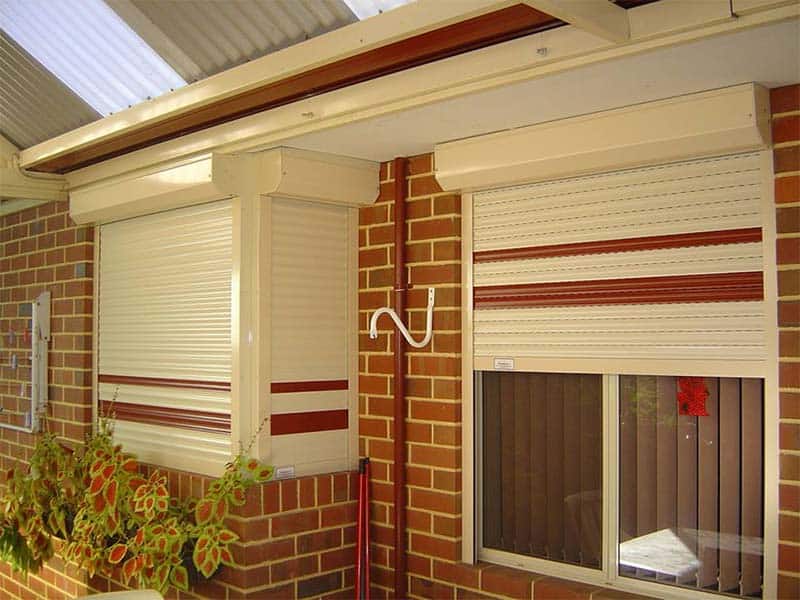
We’ve all been there – trying to sleep in a noisy environment. Whether it’s the sound of cars honking from the street below or your neighbour’s dog barking incessantly, noise can be a barrier to a good night’s sleep. In this blog post, we will explore how to effectively block out noise in the bedroom so you can sleep soundly. From earplugs to white noise machines and more, read on for tips on how to get a peaceful night’s sleep.
What Is Noise Pollution?
Noise pollution is a serious problem that can negatively affect our health. It can be caused by various sources, including transportation, construction, and industrial noise. In addition, it can cause sleep disturbance, hearing loss, and cardiovascular problems.
There are many ways to reduce noise pollution, including soundproofing, noise-cancelling headphones, and noise-reducing walls and floors. In addition, you can do several things to reduce noise pollution in your bedroom so you can sleep soundly.
Sources Of Noise Pollution
1. Traffic
Whether you live in a bustling metropolis or a small town, chances are you can hear traffic noise from your bedroom window. While cars and trucks passing by may not seem like a big deal, the constant low rumble can disrupt sleep. If you live near a busy road or main intersection, consider investing in soundproof windows or earplugs to help block out the noise.
2. Neighbours (how to block neighbour’s noise)
Whether it’s your neighbour’s TV blaring late at night or their dog barking at 3am, noisy neighbours can be a major source of sleep disruption. If you’ve tried talking to your neighbour about the noise and they haven’t been receptive, consider installing roller shutters or moving to a quieter neighbourhood.
3. Animals
If you share your home with pets, you may not think they can make enough noise to disrupt your sleep. However, even the most well-behaved animals can make noise when they’re restless or anxious. If your pet keeps you up at night, try giving them more exercise during the day or investing in some toys to keep them occupied.
4. Appliances
Appliances can be a major source of sleep-disrupting noise pollution, from your fridge humming in the kitchen to your air conditioner kicking on in the middle of the night. If possible, keep noisy appliances away from your bedroom and invest in sound-dampening materials like rugs or curtains to help muffle the noise.
5. Weather
Weather can also be a significant source of sleep-disrupting noise pollution, from thunderstorms to high winds and hail. Unfortunately, there’s not much you can do to stop Mother Nature from making noise, but there are some things you can do to minimise the disruption. For example, investing in a white noise machine or downloading a white noise app can help drown out the sounds of the weather outside so you can get some rest inside.
How Poor Quality Sleep Impacts Our Health
Not getting enough sleep can have more detrimental effects on your health than you may realise— particularly if this is a prolonged issue. Some of the following health complications are associated with poor quality or lack of sleep:
Increased weight gain: When you don’t get enough rest, your body produces more of the hormone ghrelin, which increases your appetite. At the same time, it decreases the production of leptin, which tells your brain when you’re full. This hormonal imbalance can lead to overeating, and difficulty maintaining a healthy weight.
Increased risk of high blood pressure and heart disease: One study found that people who slept for less than six hours per night were twice as likely to have a stroke or heart attack as those who slept for seven or eight hours per night.
Weakened immune system: Poor sleep quality can make you more susceptible to illness. When you don’t get enough rest, your body produces fewer cytokines—proteins that help fight infection—which makes it harder for your body to fight off illness.
Impacts on Mental Health
Poor sleep quality can also affect your mental health and has been linked to anxiety and depression. Poor sleep can also affect your memory and cognitive function. When you don’t get enough rest, it’s harder for your brain to consolidate memories and store them for long-term recall. This can make it difficult to focus and pay attention during the day. Sleep deprivation has also been linked to impaired decision-making and decreased creativity.
How to Combat Noise Pollution
If noise pollution is impacting your sleep and affecting your quality of life, you can be rest assured that there are solutions. You could try using earplugs, a white noise machine or fan. You can also try carpeting your home and placing more soft furnishings around your spaces to buffer the noise, as hard surfaces tend to amplify noise. Make sure your windows have proper seals and that you can fully close them at night. To add another layer of protection against noise, you can install roller shutters to your bedroom windows.
Do Roller Shutters Block Out Noise?
Roller shutters are a great way to combat the negative effects of noise pollution. By creating a barrier between the outside noise and the inside of your home, roller shutters can significantly reduce the amount of noise that enters your bedroom. This can help you sleep more soundly and peacefully without being disturbed by outside noise. In addition to blocking out noise, roller shutters can also help to keep your bedroom cooler in summer and warmer in winter, making them a great all-around solution for creating a peaceful and comfortable sleeping environment, so you can get the rest you need.
Our team at Perth Homeguard can assist with electric roller shutters and manual roller shutters for homes in Perth – contact us on (08) 9209 8100.






